From The Discovery of Piranesi's Final Project:
6 August 2023 Sunday
Read this morning in O'Brien's Mrs. Adams in Winter, page 40:
...Russia and the United States shared no borders, stood little chance of coming into serious conflict, and regarded each other's political system with diffident contempt. Russian diplomats in Washington often had occasion to complain of such indifference. In 1811, one observed a silence about Russia in the president's annual message and was outraged: "Feelings of justice and gratitude ought to have led the American government to give more plausible indications of the importance which it attaches to the friendship of Russia and to the unique reception which American commerce enjoys in her ports, as well as of the opinion they have of the deference of our magnanimous Emperor toward the young American nation. They still have not expressed themselves on the subject in a manner that would indicate adequately their capacity and eagerness to appreciate the good will of a power such as Russia." It was all very puzzling. One could only conclude that the Americans were "confused."70
70. Andrei Ia. Dashkov to Nicolai P. Rumiantsev, December 3/15. 1811, in Bashkina, United States and Russia, 804, 807.
I'm not too sure about the "diffident contempt," the "often," or the "outrage." Daschkoff and Miers Fisher appear to have had a quite friendly relationship, at least in Philadelphia in 1812.
Mrs. Daschkoff and Louisa Adams are exact opposite contemporaries in 1812--Daschkoff a Russian diplomat's wife in Philadelphia and Adams an American diplomat's wife in St. Petersburg. Gregoroffsky was well acquainted with Adams, and was, more than likely, well acquainted with Daschkoff as well.
Imaginatively reenacting Francesco of 1778 while in Rome/Italy in 1977--going on the study tour then with the knowledge I have now.
This story will soon be re-orbiting itself--a new temporal condition in graceful cadence with last year. Bilocation's window of opportunity?
Bianconi's Doctoring Piranesi, episode six: "Bianconi's Banishment"
"Louisa Adams's other problem with the tsar was that, because he presided over a police state and because he was vain, he liked to read other people's letters, in the hope of catching a compliment or noticing a resistance. In this prying, he was pleased to see that Mrs. Adams's letters praised him, though displeased that her servant Martha Godfrey was less complimentary, both to himself and to his brother the Grand Duke Constantine. In truth, hardly anyone had a good word to say for Constantine, habitually viewed as a brute and an "empty-headed braggart." If the tsar read his own wife's correspondence, as he probably did, he long ago saw her write of "the full baseness of [Constantine's] character." The tsar became curious to meet Miss Godfrey as someone inexplicably impervious to his imperial accomplishment and personal charm, so he summoned her, upon the pretext of wanting to meet Charles Francis Adams. The tsar was reassured to find that she was not handsome. It made sense to him that ugliness would reproach beauty. The experience was less reassurring for Mrs. Adams."
Michael O'Brien, Mrs. Adams in Winter: A Journey in the Last Days of Napoleon (2010), p. 23-4.
2023.08.06
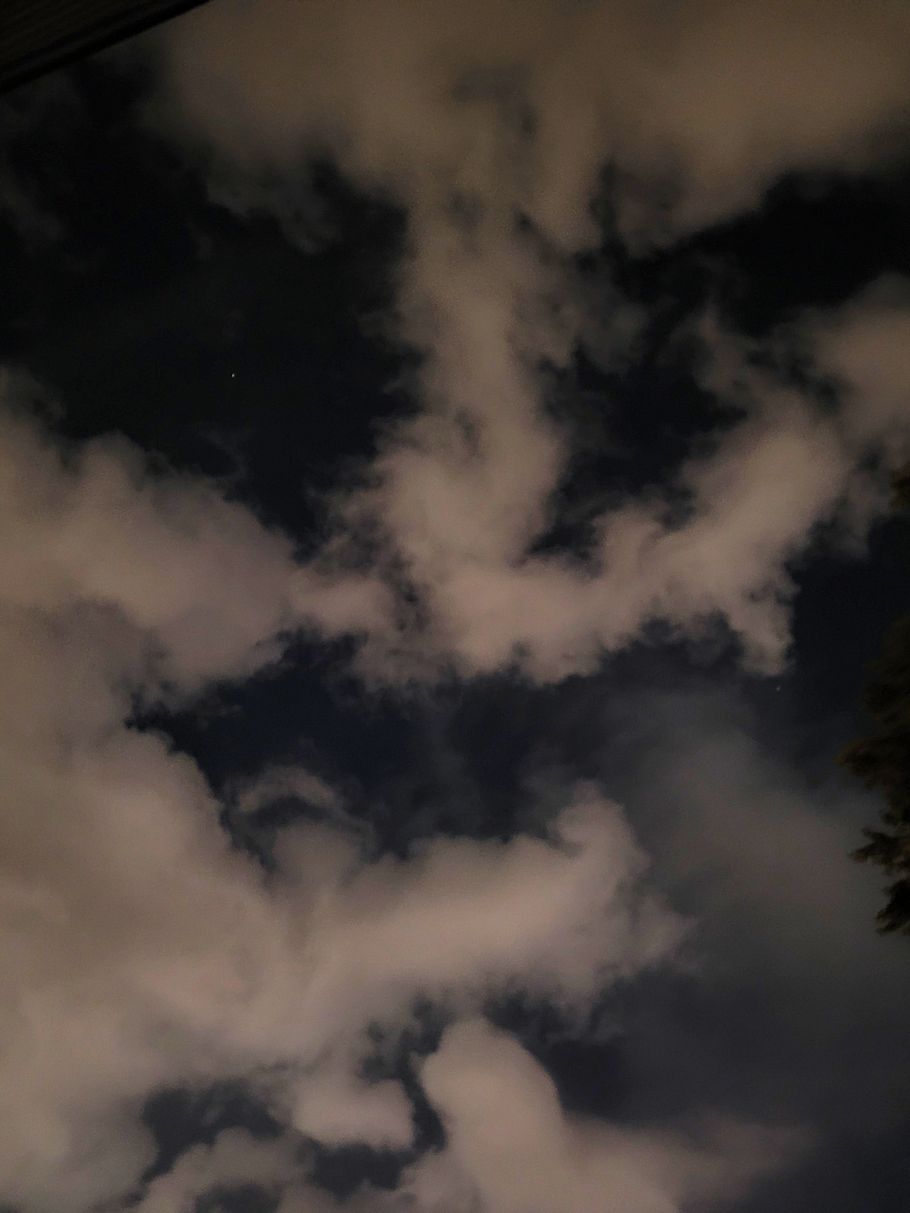
20220806_21215846.jpg
2022.08.06
 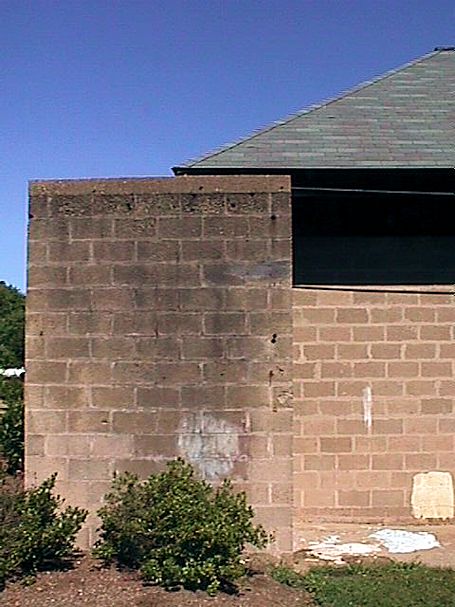
6
Bathhouse Mirrors
2002.08.06
 
15
Bathhouse Mirrors
2002.08.06
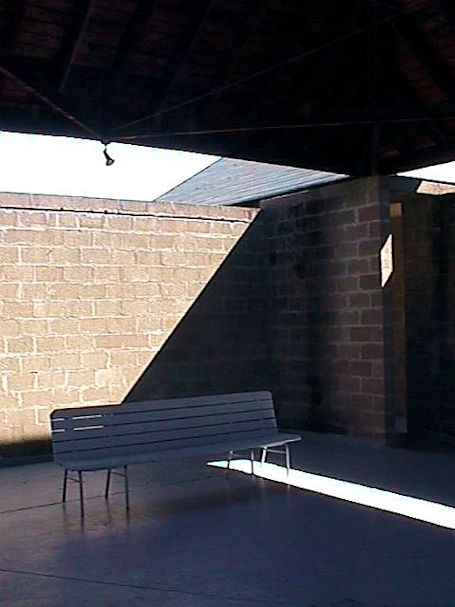 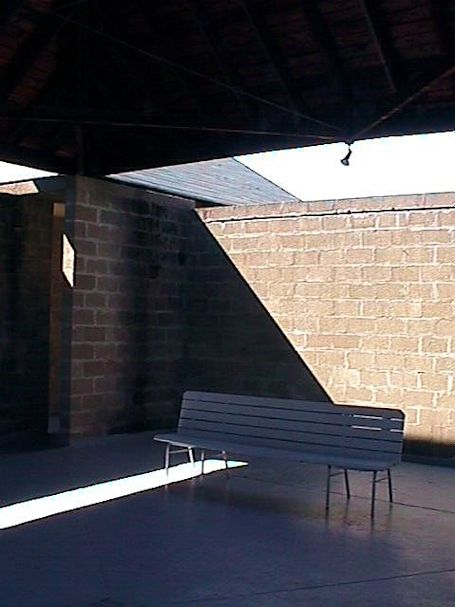
18
Bathhouse Mirrors
2002.08.06
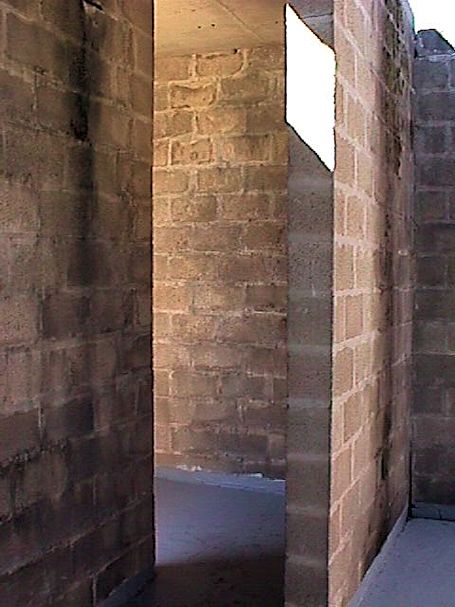 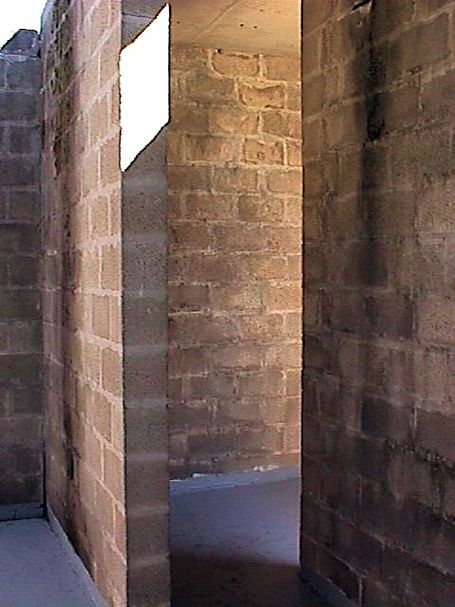
24
Bathhouse Mirrors
2002.08.06
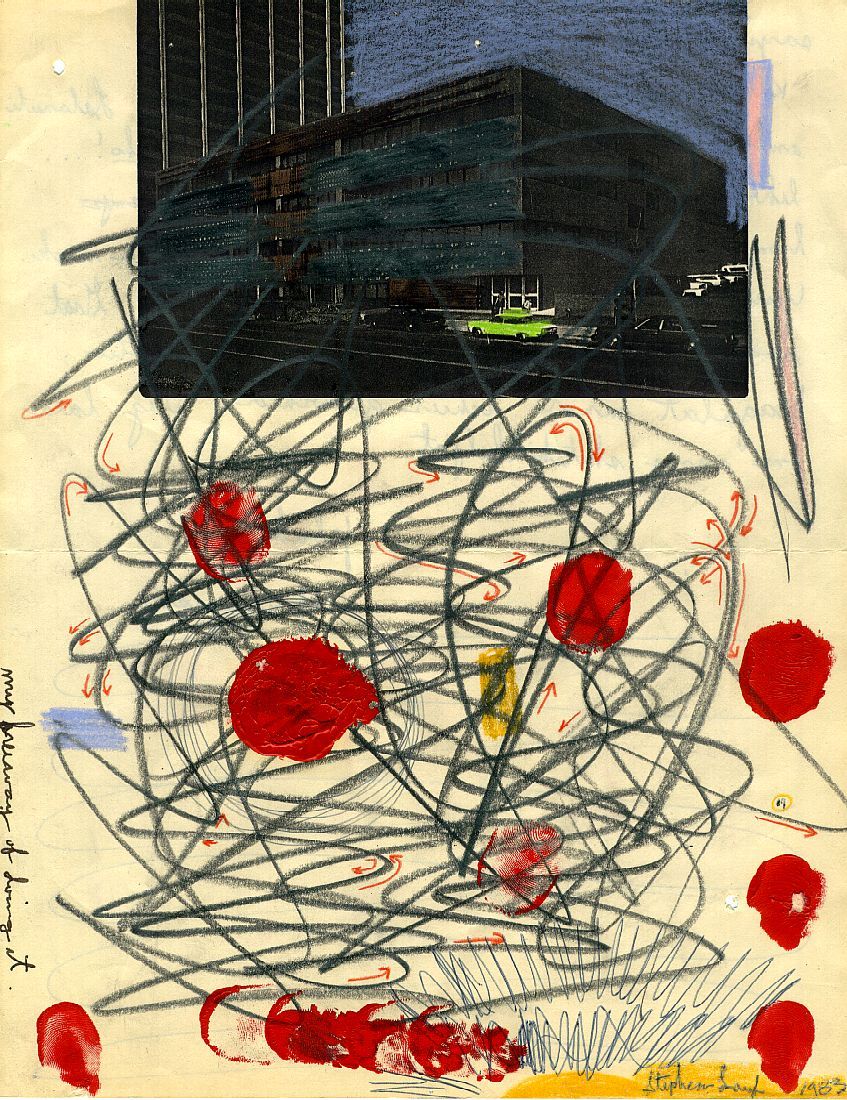
my freeway of doing it
recto
1983.08.06
|